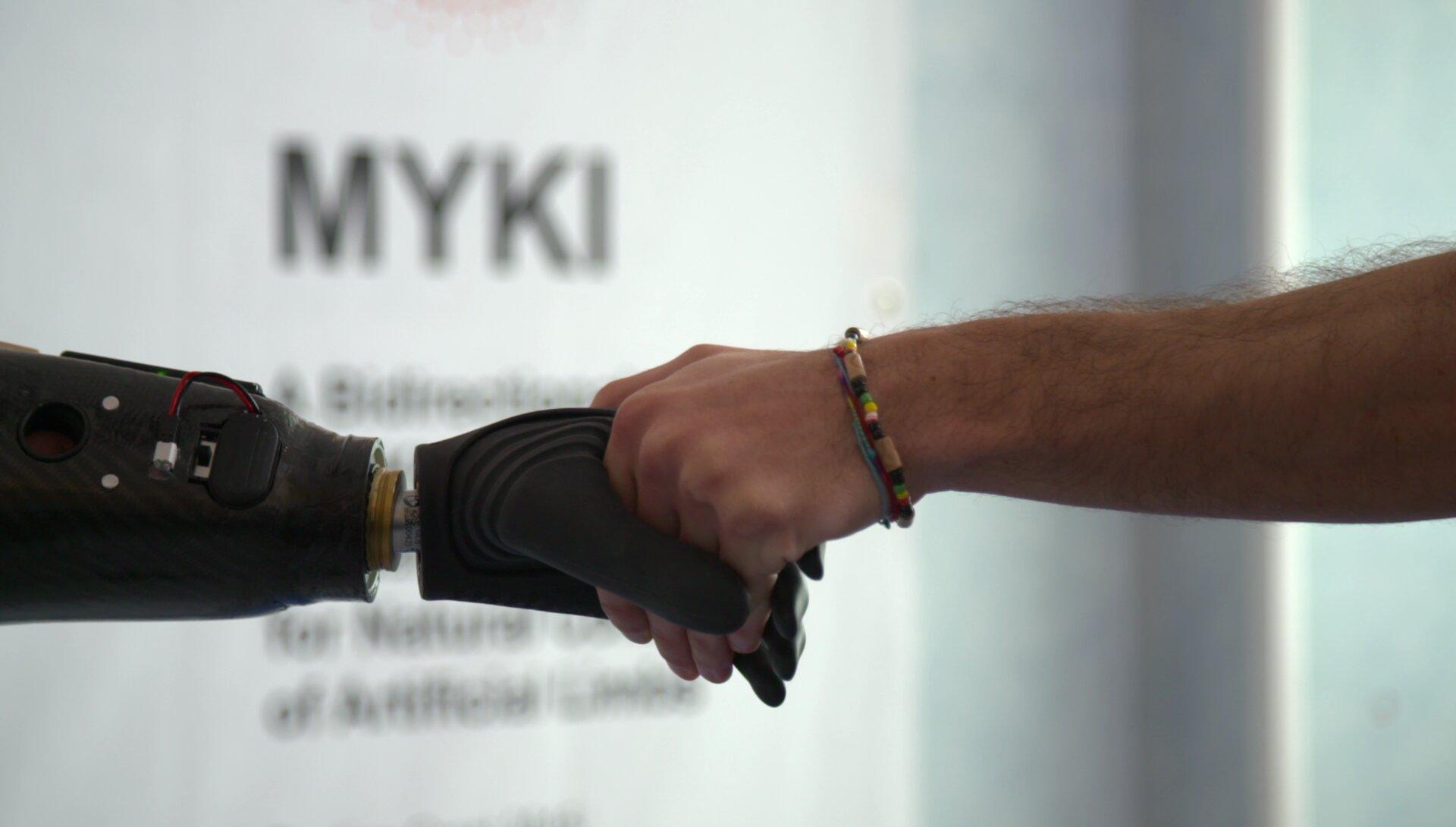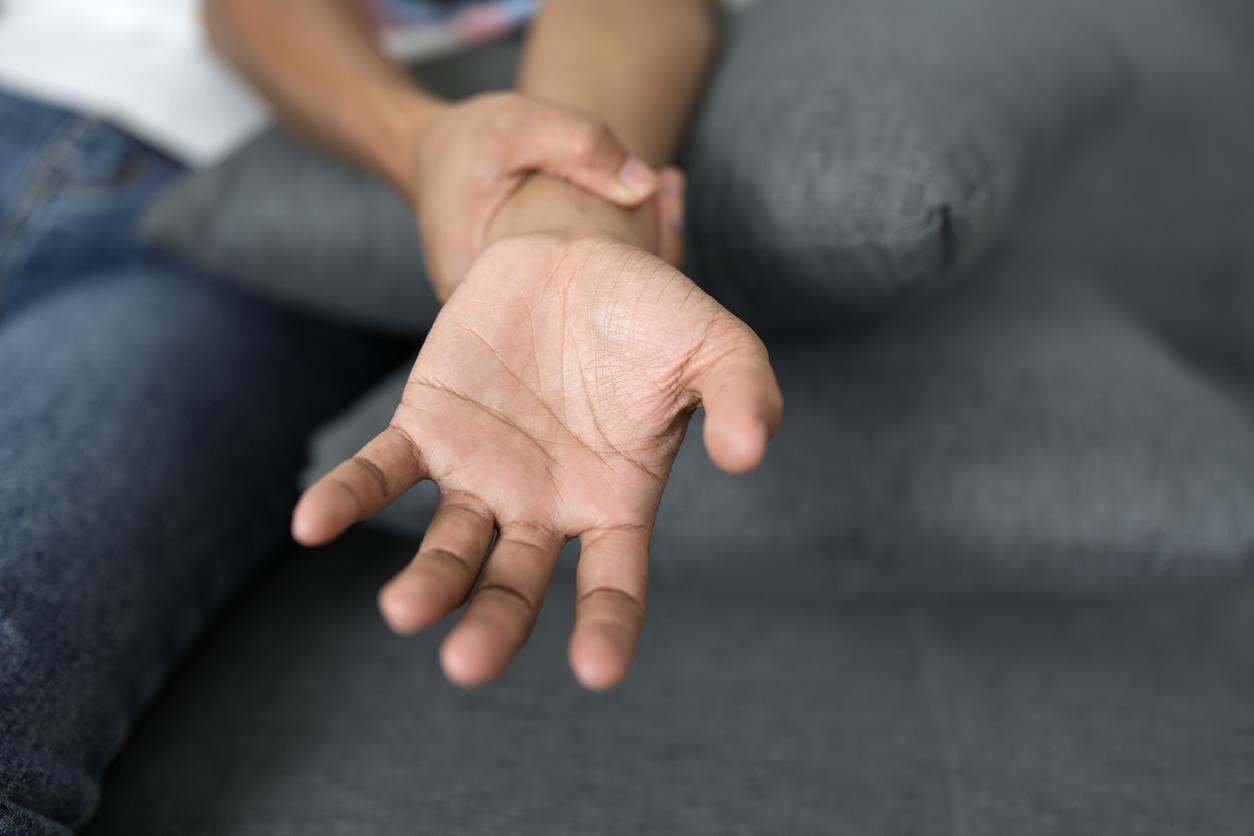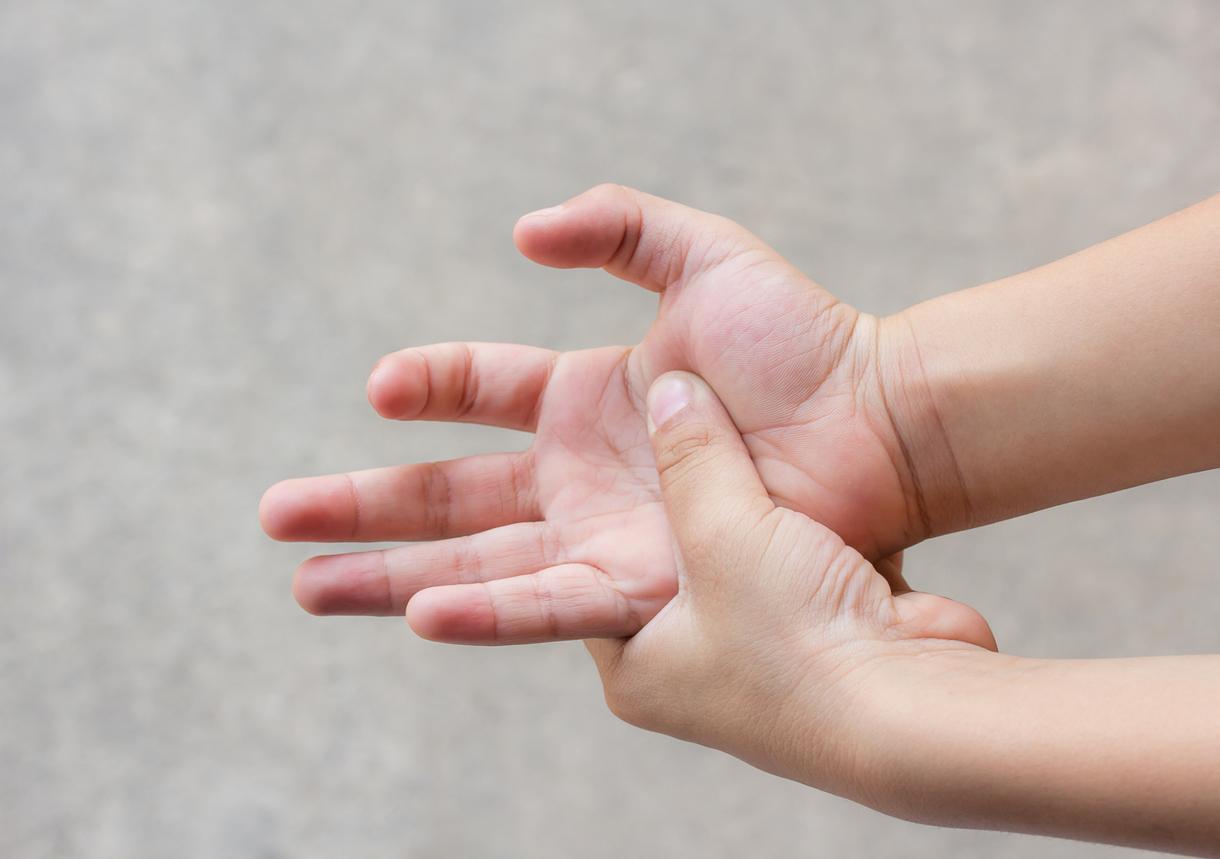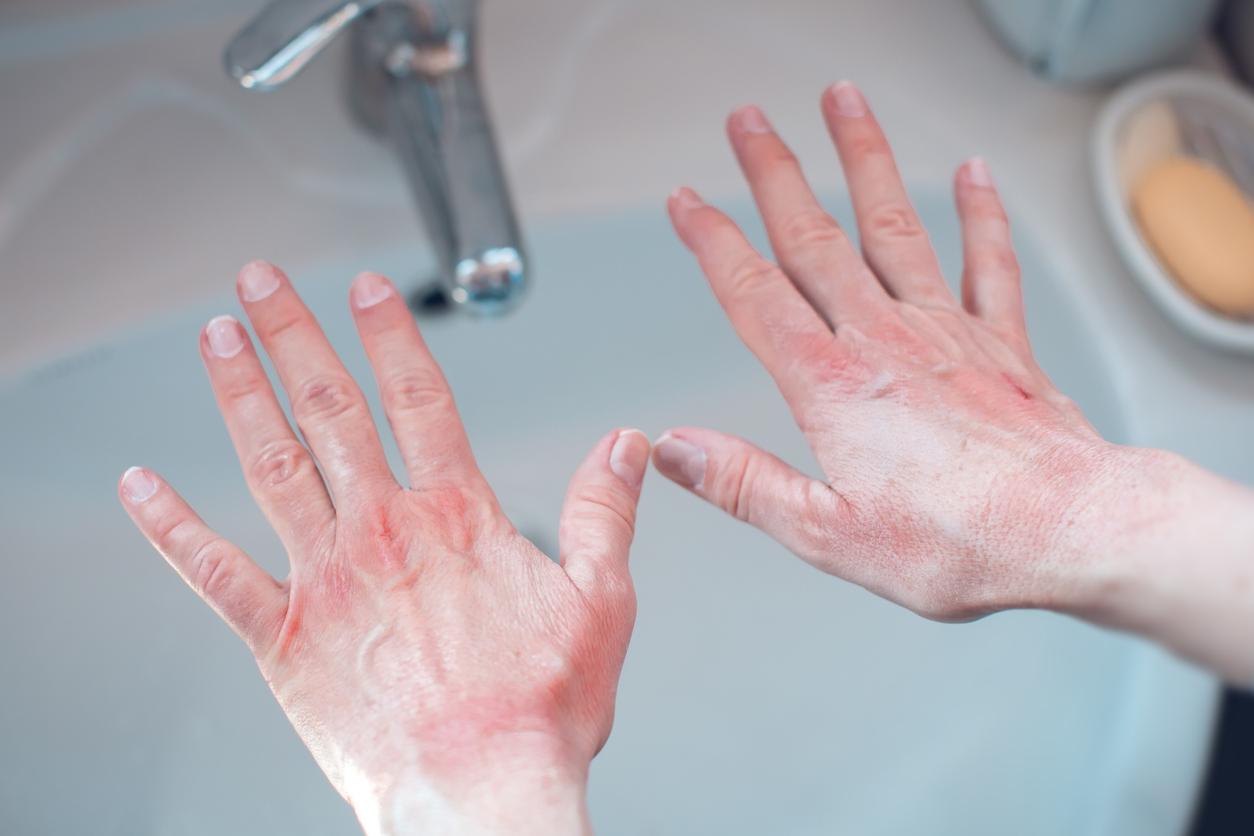An American had his hands and toes amputated after a flea bite.
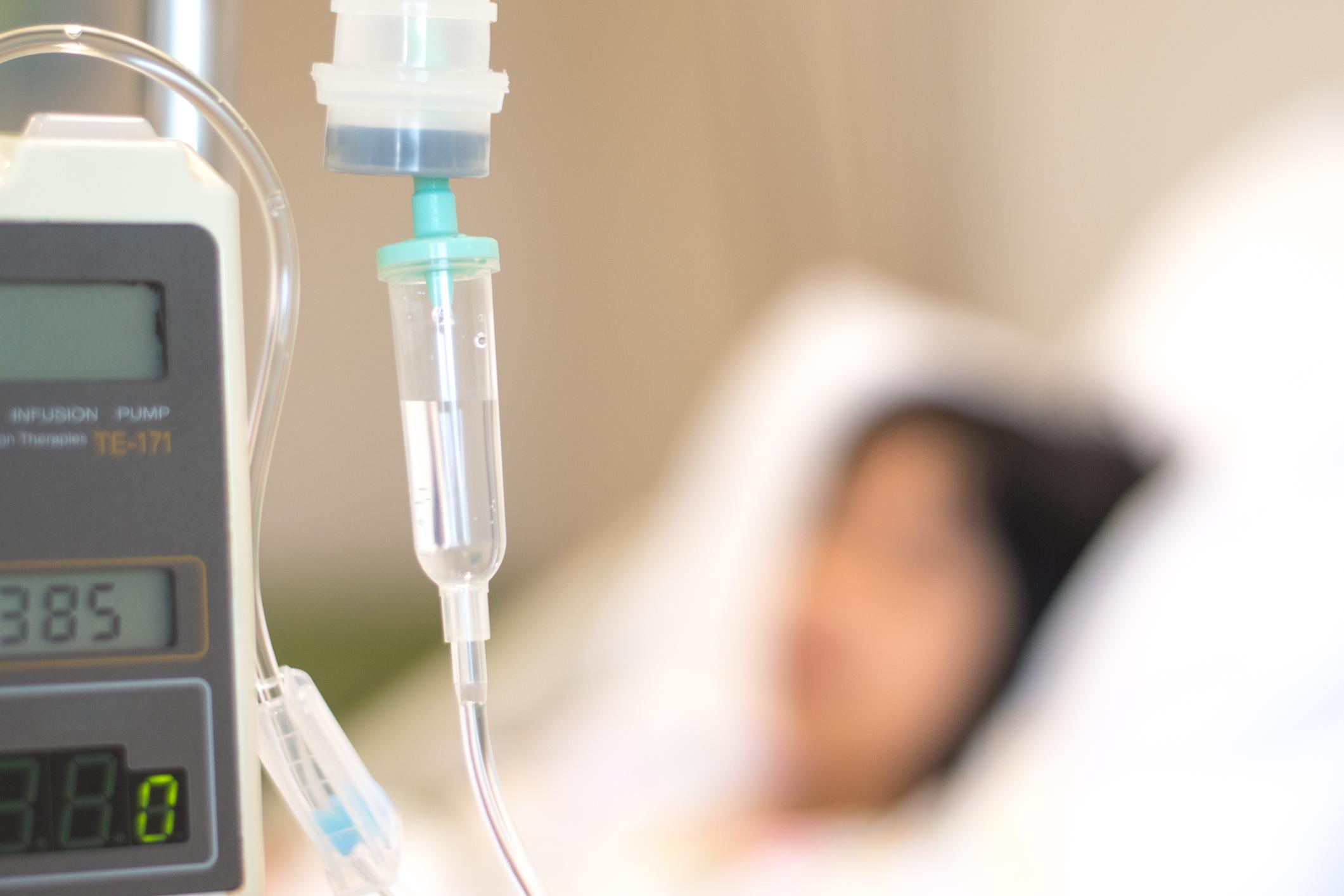
- Typhus is contracted following a bite or contact with mite excrement.
- A 35-year-old American had his hands and toes amputated following a typhus infection.
- In the absence of treatment, typhus can lead to the death of the patient, especially in those over 50 years of age.
The term typhus includes a group of diseases such as louse typhus, exanthematous typhus or European typhus. These serious pathologies are due to rickettsia, a type of bacteria. These micro-organisms are transmitted to humans by bite or by contact with the excrement of mites such as body lice or fleas.
A severe form of typhus recorded in the United States
In an article published on July 28, the site NBC News reported a severe case of typhus in the United States. Aged 35 and living in Texas, Michael Kohlhof had to have his hands and toes amputated following a flea bite infected with the bacteria responsible for typhus.
Early in the infection, the patient presented with flu-like manifestations such as fever and stomach pain, but his condition deteriorated a week after the onset of these first symptoms. After an emergency consultation, the 30-year-old was transferred to intensive care because he was in septic shock.
“In the weeks that followed, Michael’s toes, an inch of his feet and his hands up to his forearms were amputated due to dry gangrene (…) He is on the verge of not being able to keep your feet if things get worse”, revealed the brother of Michael Kohlhof. The patient also underwent several skin grafts after his amputations.
How to recognize typhus?
In the absence of treatment, typhus can have serious consequences which can lead to the death of the patient. About seven to fourteen days after infection, a patient may suffer from a high fever, intense headaches and severe fatigue. “A rash appears four to six days later. It usually starts on the chest and spreads to the arms and legs (…). Sometimes the spleen enlarges. If the infection is severe, blood pressure may become very low, kidneys may malfunction, and gangrene and/or pneumonia may develop.”noted the MSD Manuala medical information portal.
Following the diagnosis, the treatment of typhus is based on the administration of an antibiotic by mouth. As part of the prevention of this disease, a vaccine was developed in the 20th century, which favored its eradication.







